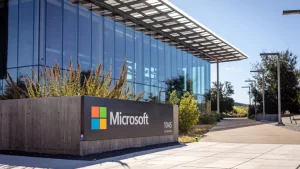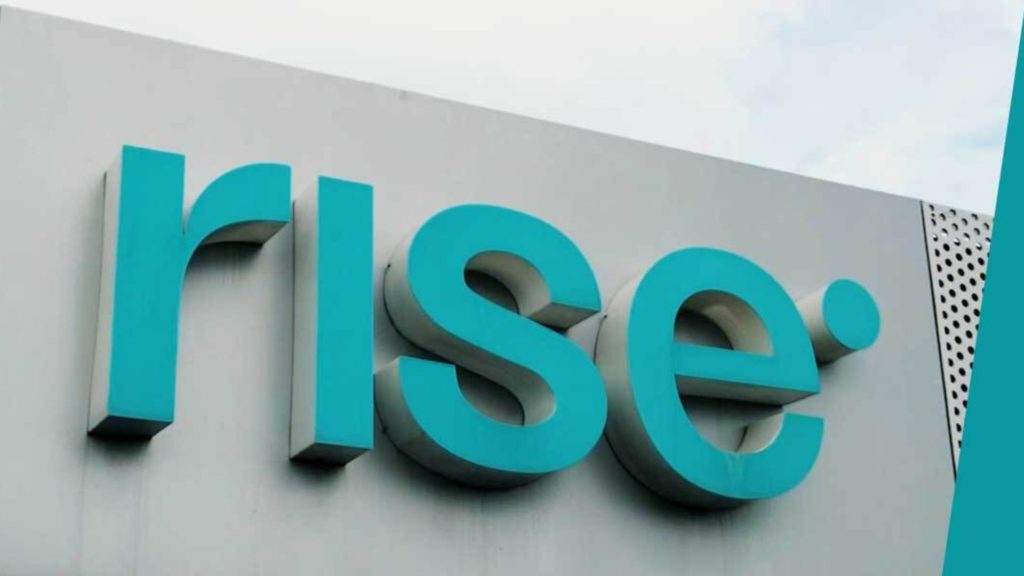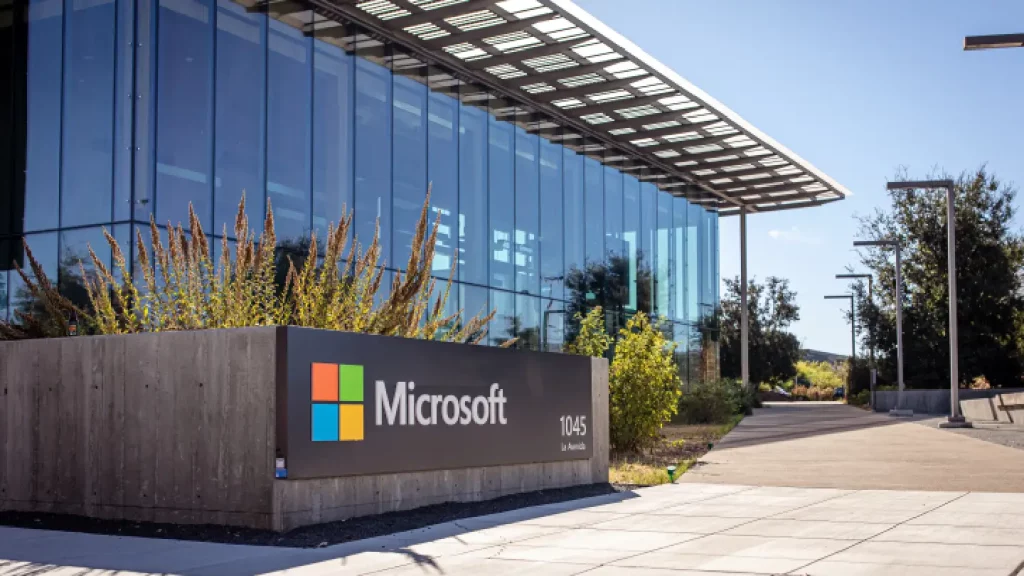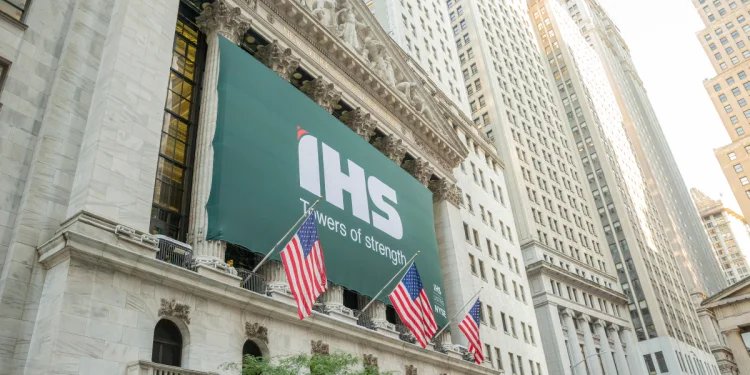The American fintech giant, Stripe has acquired Paystack, two years after a strategic investment in the startup.
For months, there has been muted talk about a major fintech startup in Nigeria getting acquired by a global player. One source had earlier told TechCabal that a “mega deal” would be announced in August.
But August came and went and there was no activity. What we now know is that the Nigerian fintech startup, Paystack has been acquired by the US payments giant, Stripe.
Although the financial details of the deal are not public, Techcrunch says that Stripe is thought to have paid over $200m. It will make it the biggest acquisition deal in Nigeria to date.
It edges out the $200 million Visa paid for 20% of Interswitch in November 2019. Interestingly, Visa’s decision to buy a stake in Interswitch was another sign of a big acquisition in the fintech space.
Paystack’s acquisition by Stripe is not a surprise
At the beginning of the year, this TechCabal article pointed out that a consolidation was happening in the global fintech space.
The big fintech giants like Mastercard, Visa and PayPal are expanding into new markets in their bid to be global players. These expansions are happening through mergers and acquisitions.
According to this report, the total value of mergers and acquisitions in the fintech space was $116.6 billion in the first half of 2019 alone, up from $31.8 billion in 2018.
Beyond these broad numbers, there’s another pointer to how Paystack’s acquisition happened. Paystack has only raised $11.5 million with the bulk of that investment coming from Stripe in a Series A round which it led in August 2018. Tencent and Visa also participated in that round.
We can look at that first investment as a strategic investment and it would have opened the door for more conversations between both companies. That level of funding could also suggest that Stripe would have had access to the kind of financial information that would have influenced this decision.
The business end
Paystack is one of several fintechs that have disrupted the Nigerian fintech space. It has developed APIs for identity verification, checking of account balances, automating bank transfers, among many things.
The result of all of these is that, along with other fintech startups like Flutterwave, it has reduced the cost of processing payments in Nigeria. Solving this payment processing problem means that Paystack serves around 60,000 customers.
But beyond the number of customers Paystack brings to the table, Nigeria is thought of as a promising frontier market and is ripe for Stripe to expand into. Stripe’s recent strategy is geographical expansion.
In the last 18 months, it has added 17 countries to its platform and this recent acquisition is an interesting commentary on the global fintech’s perspective of the African market.
Yet, one important detail about this acquisition is that Paystack will continue to operate independently. This bit is important because Paystack’s CEO, Shola Akinlade, remains married to the mission of solving payments problems on the continent.
Techcrunch quotes him as saying,
“I’m driven by the mission to accelerate payments on the continent, and I am convinced that Stripe will help us get there faster. It is a very natural move.”
Iut in the end, Stripe and Paystack have won this round. Yet, you can’t help but wonder if Visa and Tencent, who also participated in Paystack’s funding round will show some interest in Flutterwave somewhere down the line.



















